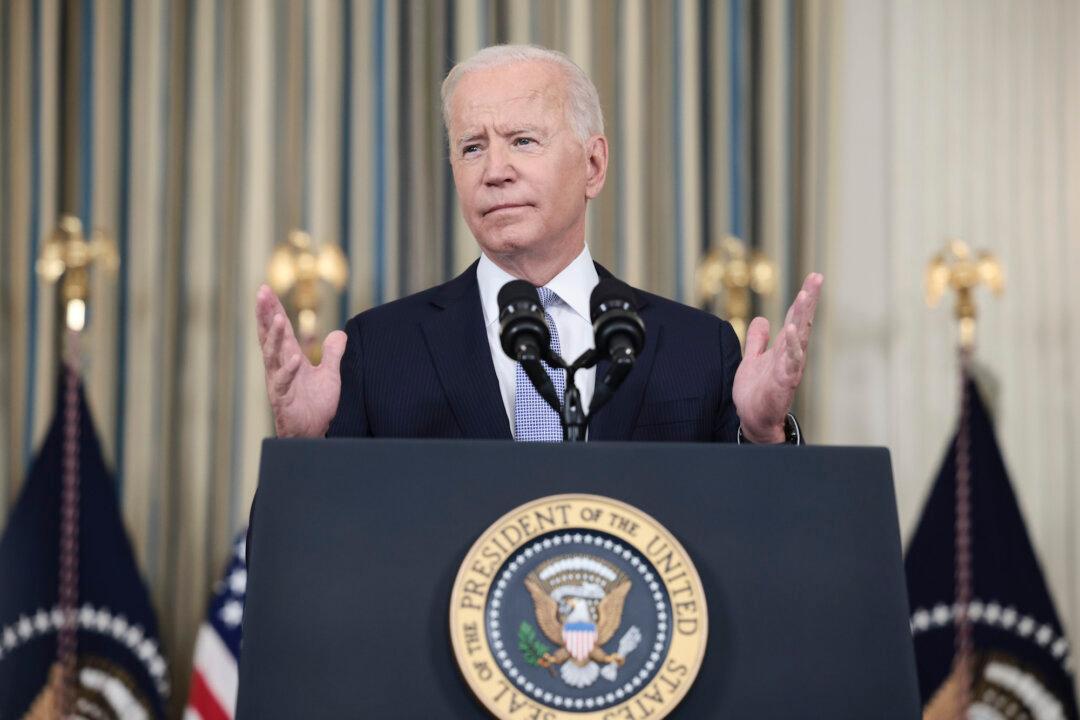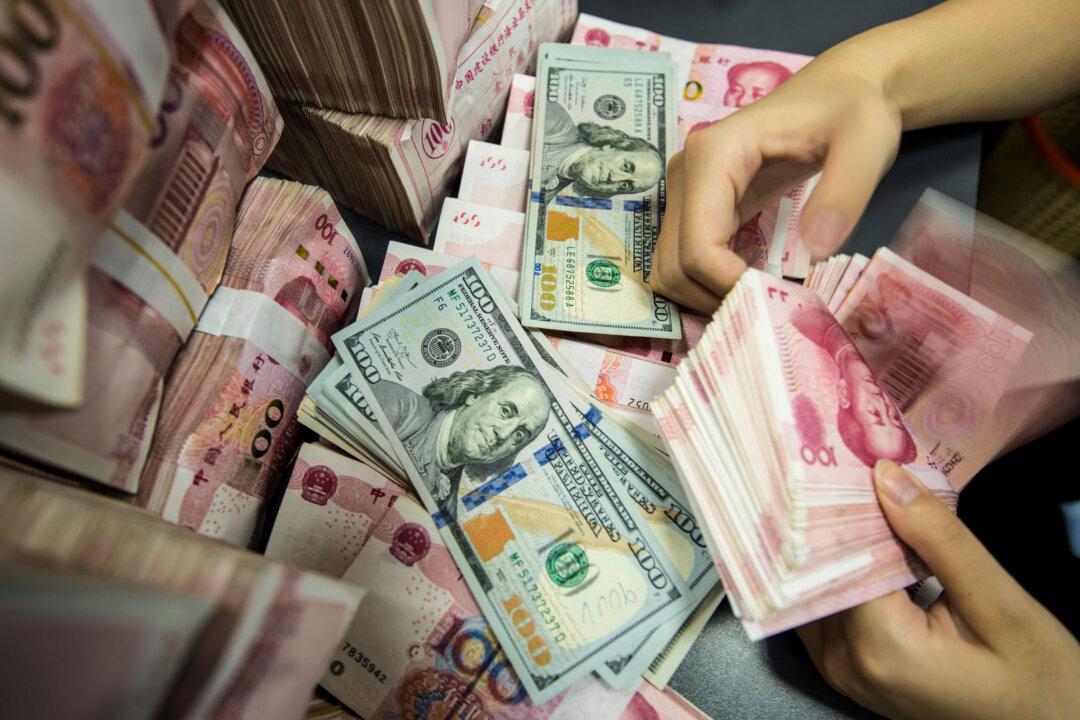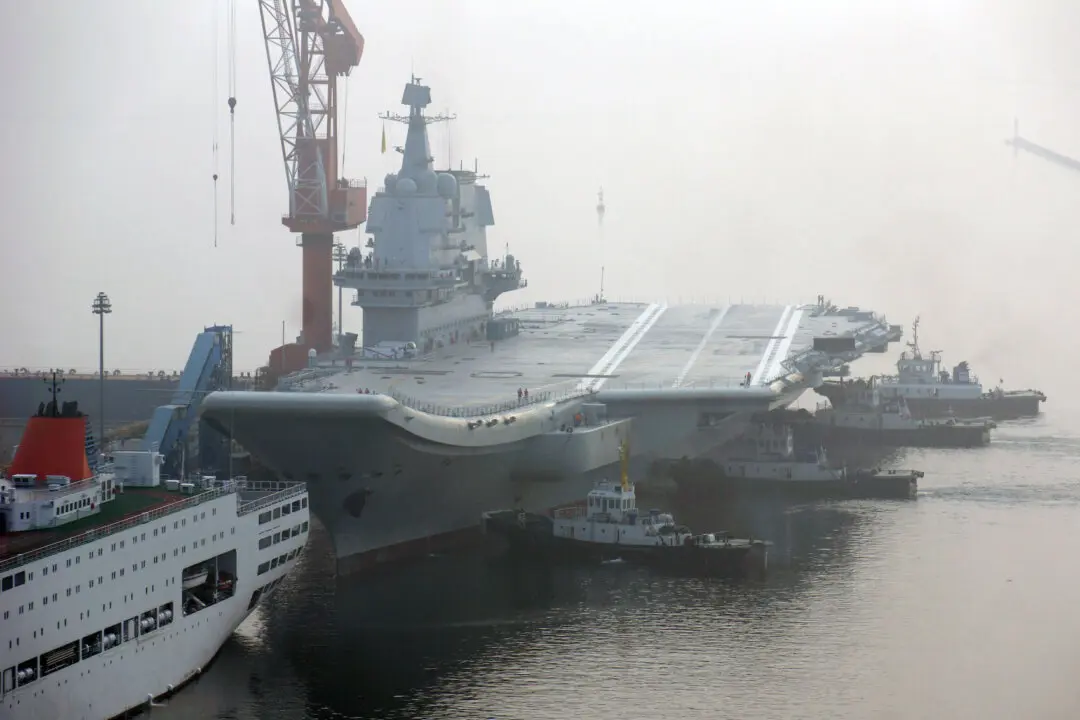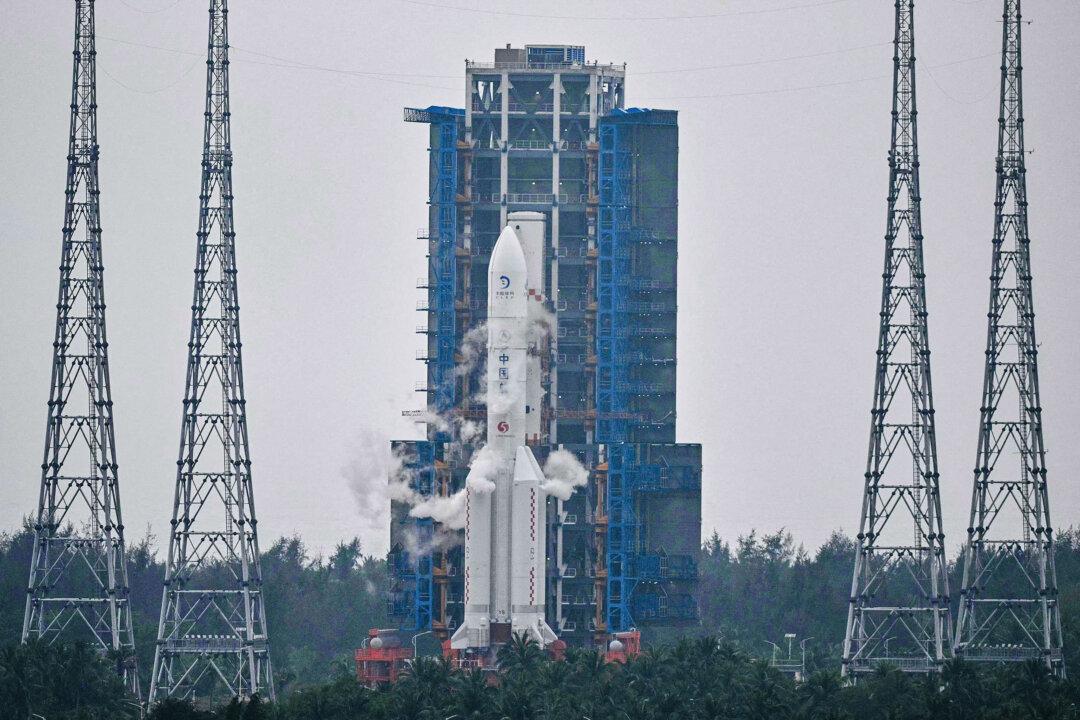News Analysis
So far, President Joe Biden is keeping most of the Trump-era China policies, including tariffs.
In his first extensive conversation with Chinese leader Xi Jinping, Biden said, “We will maintain a strong military presence in the Indo-Pacific just as we do with NATO in Europe—not to start a conflict but to prevent one [and] America won’t back away from our commitment to human rights and fundamental freedoms and to our alliances.”In a press conference, Biden also said that a rising China is the primary threat to the United States. Just as his military policies and general stance on China echo the Trump era, so does his position on trade. So far, the administration has announced no fundamental changes in the U.S.-China trade relations, not even a removal of the tariffs.





